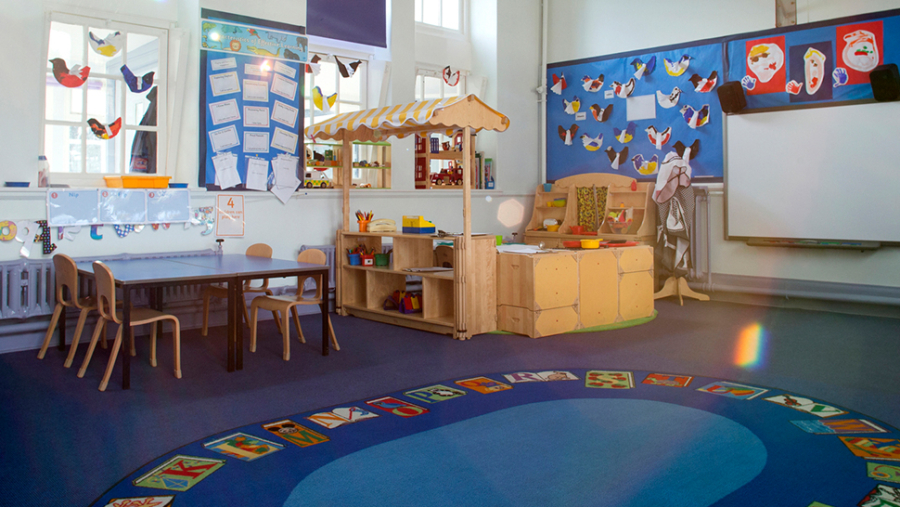

From the moment you have found a prospective buyer for your business, you will usually receive some heads of terms. These set out the key details about the terms agreed, including price, payment structure and proposed timeframe.
The structure of the transaction will either be an asset sale or a share sale. This is dictated by several factors, including whether you run the business as a sole trader, partnership, or limited company. In any event, you should seek early tax advice on the consequences of the transaction structure.
Upon a sale of assets, the buyer can cherry-pick the assets it wants to buy, and the ownership of those assets will transfer to the buyer. This often includes the transfer of employees, contracts and property. You will be left with any other assets and liabilities of the business.
If your business is currently operated through a limited company, the buyer may prefer to acquire the share capital of the company. In this instance, the assets generally remain in the same company and the buyer will acquire the company warts-and-all i.e. they take on all assets and liabilities.
What will the buyer want to know about my day nursery?
A prospective buyer will be interested to understand all aspects of your business, including corporate structure, employee information, property details to name a few. The buyer will conduct a due diligence review of your business which will broadly cover financial, legal and tax information.
You will need to obtain the assistance of your accountants and solicitors to help collate and present information about your business to the buyer. To prepare for this exercise, it is important that you have organised all your paperwork in good time so as not to delay the transaction once it starts.
You should expect a buyer to take a keen interest in any property occupied by the business – whether freehold or leasehold – local authority funding arrangements and grants, employee information and records of customers, to name a few. A buyer will want to understand what liabilities the business has, whether this is bank loans, grants, hire purchase finance agreements or otherwise.
It is not uncommon for there to be a few bumps in the road along the sale process. Your professional advisers will be able to suggest pragmatic solutions to any issues that arise.
Do I need to notify Ofsted?
Ofsted will need to be notified of any changes to the day nursery upon its sale. This may include details of a new nominated individuals or new directors of the company operating the day nursery, however, this will depend upon the nature of the sale and the parties involved. It would be prudent to notify Ofsted of the proposed sale in good time ahead of completion to ensure all parties are aligned as to the requirements.
How long will it take?
The sale process can vary and is often influenced by a number of factors. To ensure the transaction progresses swiftly there are a number of key steps you can take in preparation for the sale. These include ensuring you have organised and prepared all key paperwork involved in the business in readiness for the due diligence exercise. You should also notify your bank of the proposed sale in good time, particularly where the business benefits from financial facilities.
If the day nursery occupies property under a lease from a third-party landlord, it is likely you will need to involve the landlord in the sale process, as the lease may need to be assigned, or the buyer may want to enter into a new arrangement with the landlord.
You should therefore have contact details for the landlord, or its agent, available. The process of selling your day nursery from signing heads of terms through to completion can take anything from weeks up to several months.
Can I walk away from the business once I have sold?
This will depend upon the commercial terms agreed with the buyer, and is often set out in the heads of terms. Sometimes the buyer may require a seller to remain involved in the business after completion to facilitate and ensure a smooth transition of the business to the buyer. This can be via a consultancy agreement or a fixed term employment contract. On other occasions, sellers are free to start their next adventure as soon as they have completed the sale.










